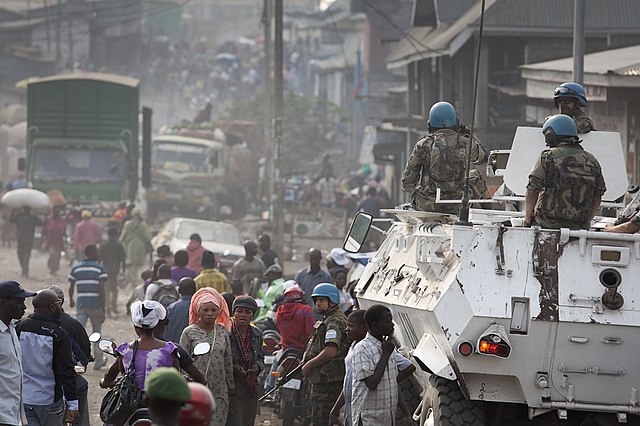The European Commission has announced almost €70 million in new humanitarian aid as the Great Lakes region of Africa suffers from major crises caused by conflict, violence, and natural disasters.
In the eastern region of the Democratic Republic of the Congo, ongoing violence has resulted in more people being forced to flee their homes. The M23 insurgency, in particular, has led to over 1.6 million displaced people. The conflict has intensified recently, causing more hardships for the affected population and creating barriers to humanitarian aid delivery.
Civilians suffer systematic violations of human rights and international humanitarian law, including targeted attacks against civilians and high levels of gender-based violence (GBV). Sexual violence and exploitation have reached unprecedented levels, including around camps for internally displaced persons, where women and children have been forced to engage in various forms of survival sex due to inexistent livelihood possibilities and insufficient humanitarian aid. Moreover, food insecurity affects approximately 26 million people, one of the highest numbers in the world.
Since the 2020 elections, the situation in Burundi has become more conducive for refugees to return. However, the ability to sustainably reintegrate returnees is still inadequate due to a lack of socio-economic opportunities. At the same time, funding shortfalls have resulted in food ration cuts in refugee camps across the region in 2023.
The EU has allocated funds to support various projects addressing gender-based violence, supporting education in emergencies, and promoting disaster preparedness. A total of €63.75 million has been assigned to humanitarian projects in the Democratic Republic of Congo, including €4.75 million for disaster risk reduction. This is in addition to the €1.7 million allocated earlier this year in response to the country’s floods.
Also, €6 million has been allocated for the Burundi regional refugee response, which will provide humanitarian aid to Burundi refugees in neighbouring countries such as Rwanda and Tanzania and those who return to Burundi.
“The humanitarian situation in the Great Lakes region is desperate – and is expected to deteriorate further in 2024, as the conflict intensifies and the root causes of violence persist. Already we have seen a significant deterioration in the security situation in the east of the Democratic Republic of the Congo, with devastating effects on civilians. Gender-based violence, and violations of International Humanitarian Law, are especially prevalent in the region. The EU’s humanitarian funding will contribute towards alleviating the suffering of the most vulnerable. However, I also call urgently on all parties to conflicts to respect IHL and the rights of civilians,” stated Janez Lenarčič, Commissioner for Crisis Management.

